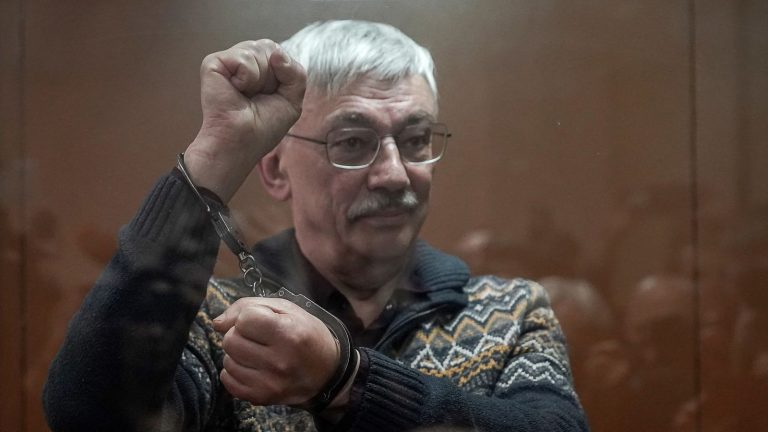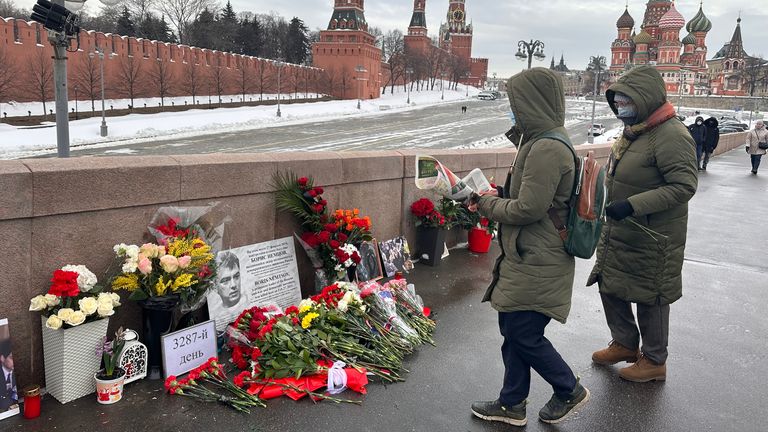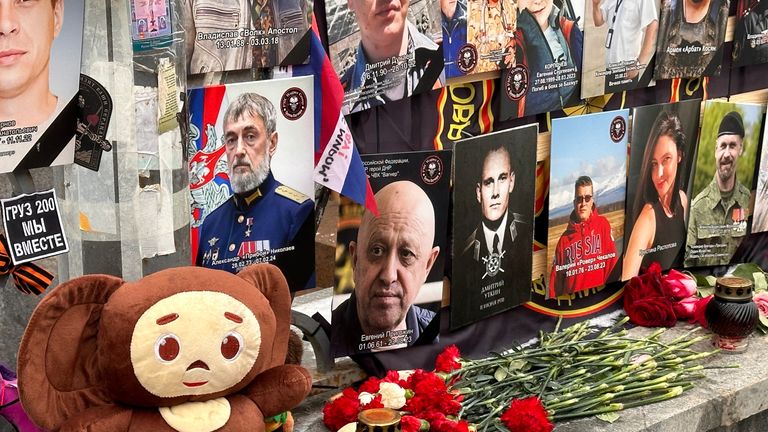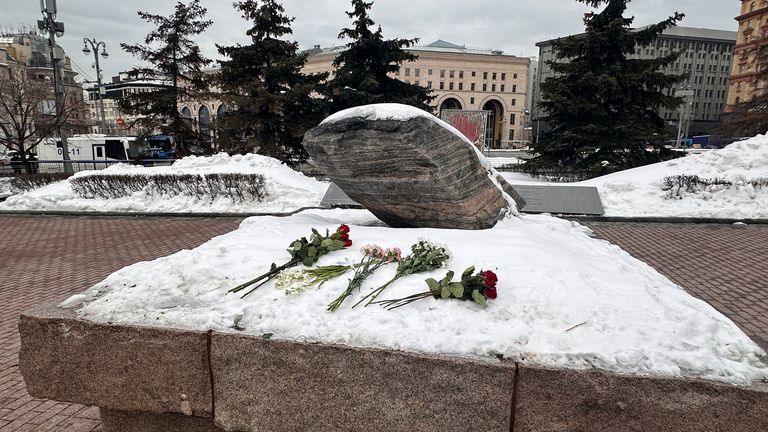Oleg Orlov has spent his life documenting oppression.
He is co-chair of Russia's oldest human rights group, Memorial, which was shut down and forced out of Russia shortly before the Ukraine war and won the Nobel Peace Prize in 2022.
Orlov pledged to continue his human rights work inside the country, organizing individual sit-ins against the war and continuing to speak out against the Russian state, which he likened to the regimes of Franco, Salazar, or Mussolini.
Now, aged 70, he has been sentenced to two and a half years in prison for “repeatedly” criticizing the armed forces.
In his closing statement to a Moscow court, Orlov said he had no remorse or remorse. He described the court proceedings as Kafkaesque, “absurdity and tyranny disguised as formal adherence to some pseudo-legal procedure.”
As for those working in the state's legal and administrative bureaucracy, he said that. “Their children or grandchildren will be ashamed to talk about where their fathers, mothers, grandfathers and grandmothers worked and what they did. The same will happen with those who commit crimes in Ukraine while executing orders. In my opinion, this is the worst punishment, and there is no escape from it.”
His supporters crowded the aisles, cheering and clapping as the thin, white-haired man passed in handcuffs.
His sentencing comes on the ninth anniversary of Assassination of Russian opposition politician Boris Nemtsovwho was shot dead outside the Kremlin in 2015. Over the years, volunteers guarding the site were threatened and detained and one was beaten so badly that he later died. After death Alexei NavalnyMasked men were filmed removing flowers from the site and throwing them in rubbish bins. Today only the police stood guard.
But people still came to pay their respects, some of them crying. “He was a man with a great mind,” Mila said. “I hope if I have children I can tell them who Boris Nemtsov is.” “Unfortunately, our country does not need people like these.”
Another woman asked what it meant to her. “My youth and my hopes,” she said dryly.
Read more:
A British ship sank in the Red Sea after the Houthi attack on the north
One of the most dangerous and wanted fugitives in Europe has been arrested
Not far down the road, past St. Basil's Cathedral and east towards the Kremlin administration, is another monument. This is for Wagner fighters. The flowers are never removed here, and the fake red carnations ensure there is always a flash of colour. This is where you meet supporters of Russia's other side, the pro-war Putinist camp.
“Boris Nemtsov wanted to destroy our country,” said a woman I spoke to there. “What does he have to do with this?”
I asked her what she thought of Alexei Navalny.
“He was not fighting for freedom, he was fighting for the non-existence of Russia,” she replied, pointing to the monument. “These men, they fought for the existence of Russia,” she added.




